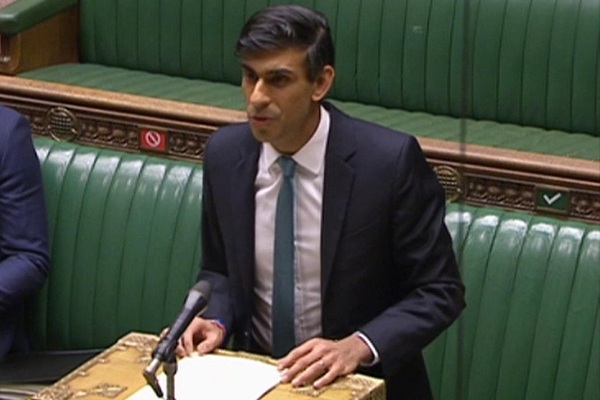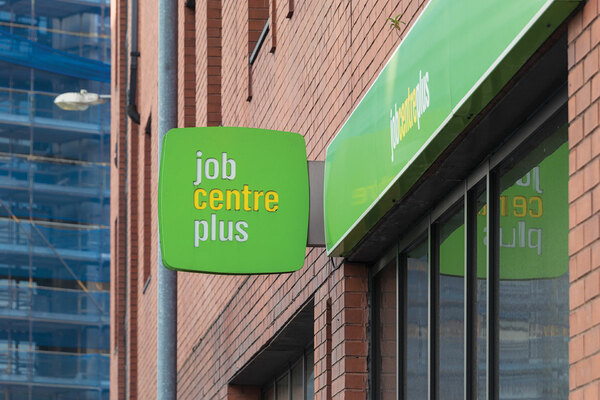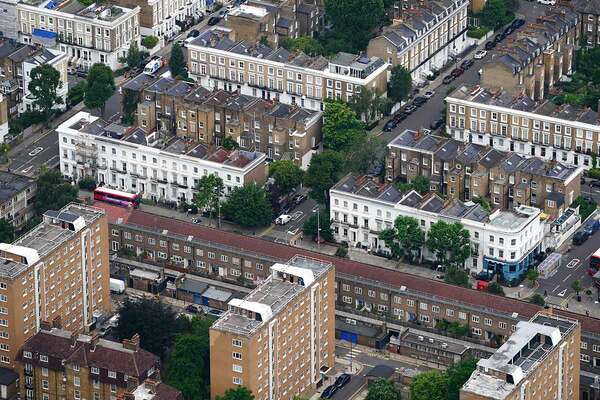You are viewing 1 of your 1 free articles
Pandemic will hit housing association income by 6% this year, Moody’s predicts
The ongoing COVID-19 pandemic will wipe £105m off housing associations’ incomes when compared with pre-pandemic forecasts, according to credit ratings agency Moody’s.
New analysis by Moody’s projected that the financial pressures brought by coronavirus will see an increase in unemployment, with arrears rising by one to two percentage points in the year. This equates to 5% to 6% of social housing providers’ (SHPs) income which is now expected to be £105m lower than predicted before the outbreak.
Despite this, Moody’s said: “We expect the sector’s inherent strengths and political sensitivities around social housing will ensure SHPs manage these pressure with limited impact on their credit profiles.”
The agency noted that unemployment is likely to rise after the government’s furlough scheme, currently due to end in April, is wound up. But it expects social housing to remain a policy priority and for the welfare system to maintain tenant incomes and rents.
“In the UK, benefit recipients were given an extra £20 per week for one year from April 2020. This has been crucial in mitigating the pandemic’s disproportionate impact on those on lower incomes,” it said.
Reports have suggested that this £20 boost could be extended for a further six months by chancellor Rishi Sunak in this month’s Budget.
Moody’s said this support has been “crucial” in containing a rise in arrears in the last year, with English housing association arrears only rising by 0.4 percentage points between March and June 2020 before falling to 3.98% in September.
The report also highlighted the role of social housing providers in mitigating the rise in arrears.
Moody’s said: “SHPs have strengthened tenant management and engagement which enabled them to identify and support at-risk tenants.
“Prior to and throughout the crisis, UK SHPs have worked with tenants to strengthen household finances through various measures such as employment support, improving energy efficiency of housing thereby reducing tenants bills, and guiding tenants through the benefits system.”
The report added: “We also expect the majority of arrears to be recovered over the medium term, with a limited increase in bad debts. Strong liquidity will provide an additional mitigant to temporarily reduced operating cash flows.”
Sign up for our development and finance newsletter
Already have an account? Click here to manage your newsletters













